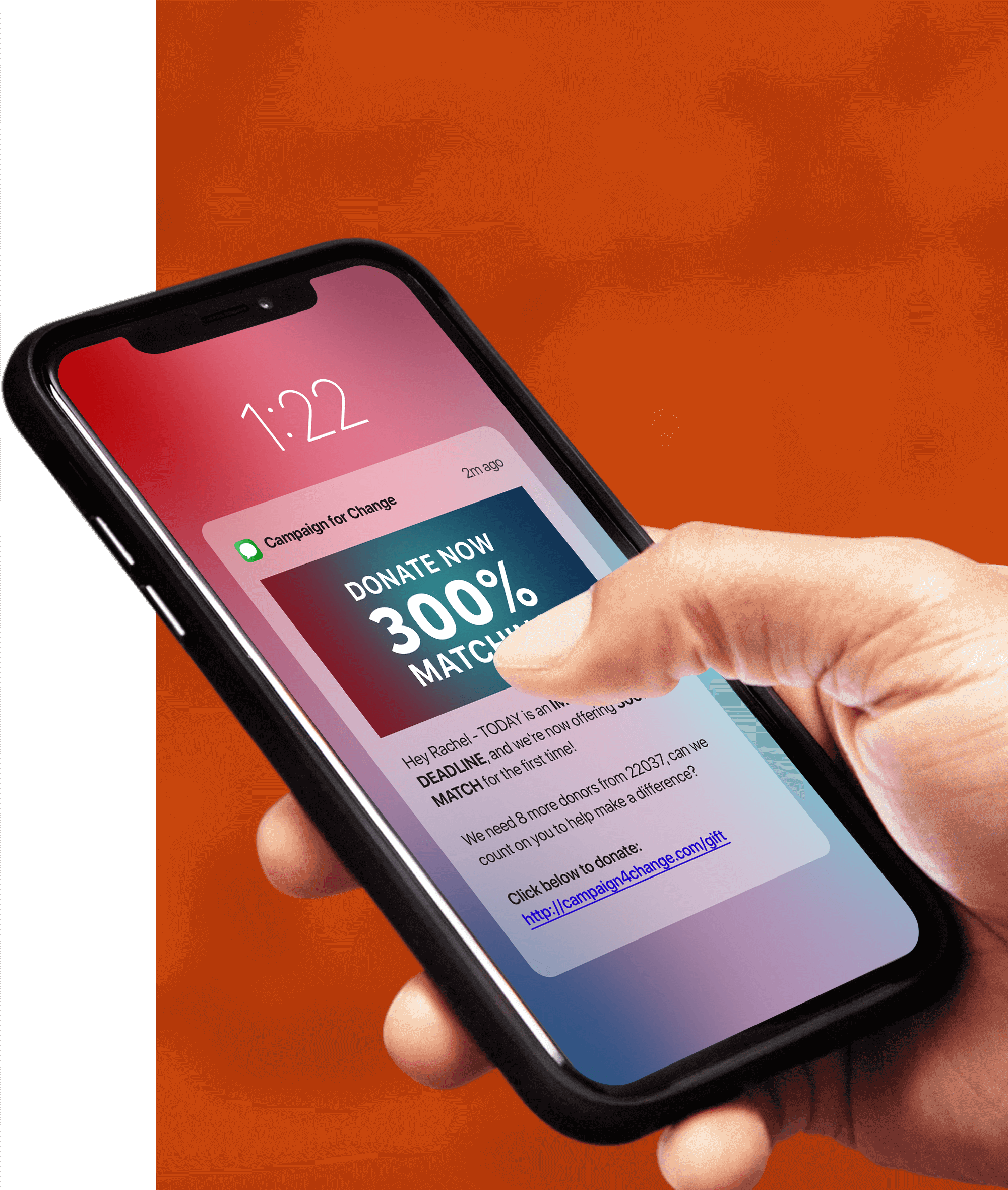1,919 Views
This video is brought to you by Innovista Law, home to the TCPA Defense Force. Innovista's lawyers have helped companies navigate potential TCPA landmines through effective risk-mitigation and compliance strategies.
To learn more about the TCPA and their services, visit www.tcpadefenseforce.com/tatango-partnership
We get one particular question extremely often: Does the Telephone Consumer Protection Act (TCPA) apply to SMS marketing?
The confusion is understandable, as the TCPA doesn’t explicitly mention SMS marketing.
The answer, however, is: yes, the TCPA does apply to SMS marketing, despite the TCPA federal law not mentioning SMS or text messages at all. This obviously causes some confusion among mobile marketers who run or want to start text messaging campaigns for their brands. In this video, we aim to clear up the confusion over why the TCPA doesn’t mention SMS marketing, yet still clearly applies.
Why Does the TCPA Apply to Text Message Marketing?
The Federal Communications Commission (FCC) now applies the original United States Congress’ TCPA phone call reference to SMS messages. Because the TCPA became law in 1991, there was no way to specifically mention SMS messages, because back then, text messages did not exist. The first commercial SMS message was not sent until 1993, two years after the TCPA became law.
Originally, the TCPA came into existence to prevent predictive dialing practices. Phone devices would sequentially generate phone calls, and they would continue to do so until someone came on the line. This is a practice that understandably annoys consumers and it actually against the law. Luckily, the TCPA now prevents such practices.
Nonetheless, text messages are now synonymous to phone calls in the eyes of the law. Therefore, it is important for brands to know that their mobile messaging campaigns can trigger TCPA fines if they violate the law.
A Second Cause of Confusion
A second thing that confuses marketers has to do with the modern technological tools that brands need to use to send mobile messages. With modern text message marketing software, brands don’t even need to touch an actual phone to send messages to consumers.
This is where, unfortunately, marketers get confused. Do you remember the predictive dialing practices from earlier? SMS software platforms like Tatango see no similarities between a smartphone or a predictive dialing system, as mobile marketers often treat their SMS marketing platforms the same way as their e-mail marketing platforms. They feel like they are communicating with consumers the same way as they do with email, since it’s done through an online platform versus through an actual phone.
They ask themselves the question: Why am I bound to the TCPA if I am not even using an actual telephone for my mobile marketing practices?
Why Courts and the FCC See SMS Software Platforms as Auto-Dialers
As a marketer who uses SMS software, you have a list of phone numbers, which are hopefully given to you with the consent of their owners. You use that list of phone numbers to send messages via a modern computer system.
However, the FCC’s expansive auto-dialer definition makes it pretty clear that the courts file SMS software platforms in the category of auto-dialer systems. The courts and the FFC do certain tests in order to determine the level of effect that human intervention has in preventing certain technology systems from being auto-dialers, so there are fringe cases where SMS software platforms don’t count—but not many.
Keep It Simple to Avoid Problems and Confusion
It is possible to create certain systems that will not be seen as ATDS (Automatic Telephone Dialing Systems). Don’t risk it. It is always safer to keep it simple and assume that you are working with an auto-dialer system when doing SMS marketing. Most companies want to be compliant with the Telephone Consumer Protection Act; the alternative is ending up in court because of miscommunications and misunderstandings.
How the Courts Look at Ambiguous FCC Definitions
Brands are not the only ones that struggle with TCPA rules. Courts also have to cope with expansive definitions that the FFC applies to key terms; like, for example, auto-dialer systems. They notice how brands toil with being TCPA compliant, and they like to apply reasonable limits to the ambiguous FCC standards.
However, there are also courts that emphasize the democratic process, and therefore want to leave it up to the United States Congress to make any rule changes. They enforce the laws, but it is up to Congress and the FCC to create and change them.
The TCPA does apply to SMS marketing, even though it does not mention it. Perhaps the TCPA will name SMS marketing specifically one day. But for now, always trend towards caution and safety when communicating with consumers.
Reach Out to Us If You Have any TCPA Related Questions
After reading this article, if you still have questions regarding the Telephone Consumer Protection Act and the term auto-dialer, or if you want to discuss general text message marketing questions, then don’t hesitate to get in touch with us via this contact form.
We’d also like to point you to this Tatango YouTube playlist, which consists of TCPA education videos that can further help you get a better understanding of text message marketing laws.
